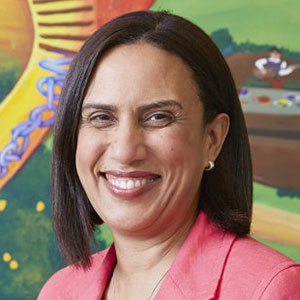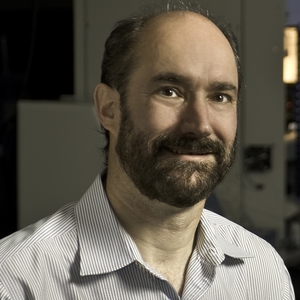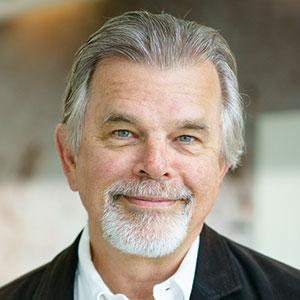Session Abstract – PMWC 2017 Silicon Valley
Session Synopsis: This session explores the essential role of population level data in achieving precision medicine. The panelists will discuss opportunities for integration and application of data from across the spectrum of health (e.g. social, environmental, molecular factors) to inform prediction of individual risk, guide tailored prevention strategies, and improve early screening and diagnostics.
Session Chair Profile
Ph.D., M.D., M.A.S., Lee Goldman, MD, Endowed Chair in Medicine; Professor of Medicine and of Epidemiology and Biostatistics, University of California, San Francisco (UCSF)
Biography
Dr. Bibbins-Domingo has expertise in cardiovascular epidemiology, particularly hypertension and chronic heart failure; racial, ethnic, and income disparities in health; and clinical and public health interventions aimed at chronic disease prevention. She is the director of the UCSF Center for Vulnerable Populations at Zuckerberg San Francisco General Hospital, and is also the director of the UCSF Clinical and Translational Science Institute’s training programs, which provide clinical and translational research education and training for researchers at all levels. Dr. Bibbins-Domingo earned her A.B. in molecular biology from Princeton University, where she pursued a joint degree in the Woodrow Wilson School of Public and International Affairs. Dr. Bibbins-Domingo spent 2 years at the University of Ibadan in Nigeria, where she earned an M.S. in chemistry. She earned her Ph.D. in biochemistry, her M.D., and her M.A.S. in clinical research at UCSF, where she completed her residency and fellowship training. She was also a Robert Wood Johnson Amos Scholar and a Kellogg Scholar in health disparities.
Speaker Profile
Ph.D., Professor & Chair, Stanford Center of Genomics & Personalized Medicine
Biography
Michael Snyder is the Stanford Ascherman Professor and Chair of Genetics and the Director of the Center of Genomics and Personalized Medicine. Dr. Snyder received his Ph.D. training at the California Institute of Technology and carried out postdoctoral training at Stanford University. He is a leader in the field of functional genomics and proteomics. His laboratory study was the first to perform a large-scale functional genomics project in any organism, and currently carries out a variety of projects in the areas of genomics and proteomics both in yeast and humans. These include the large-scale analysis of proteins using protein microarrays and the global mapping of the binding sites of chromosomal proteins. His laboratory built the first proteome chip for any organism and the first high resolution tiling array for the entire human genome.
Speaker Profile
M.D., Ph.D., Professor and Chair, UCSF Department of Epidemiology & Biostatistics, Director of Population Sciences and the Associate Director of the UCSF Helen Diller Family Comprehensive Cancer Center
Biography
Robert A. Hiatt, M.D., Ph.D., is Professor and Chair of the Department of Epidemiology and Biostatistics at UCSF, Director of Population Sciences and the Associate Director of the UCSF Helen Diller Family Comprehensive Cancer Center. His research interests include cancer epidemiology, especially breast cancer, cancer prevention and screening, health services and outcomes research, the social determinants of cancer, and environmental exposures in early life development related to cancer. He was the first Deputy Director of the Division of Cancer Control and Population Sciences at the National Cancer Institute and a past president of the American College of Epidemiology and the American Society for Preventive Oncology. He is a member of the National Academy of Sciences Board of Environmental Studies and Toxicology. He received his medical degree from the University of Michigan and his doctorate in epidemiology from the University of California, Berkeley.






